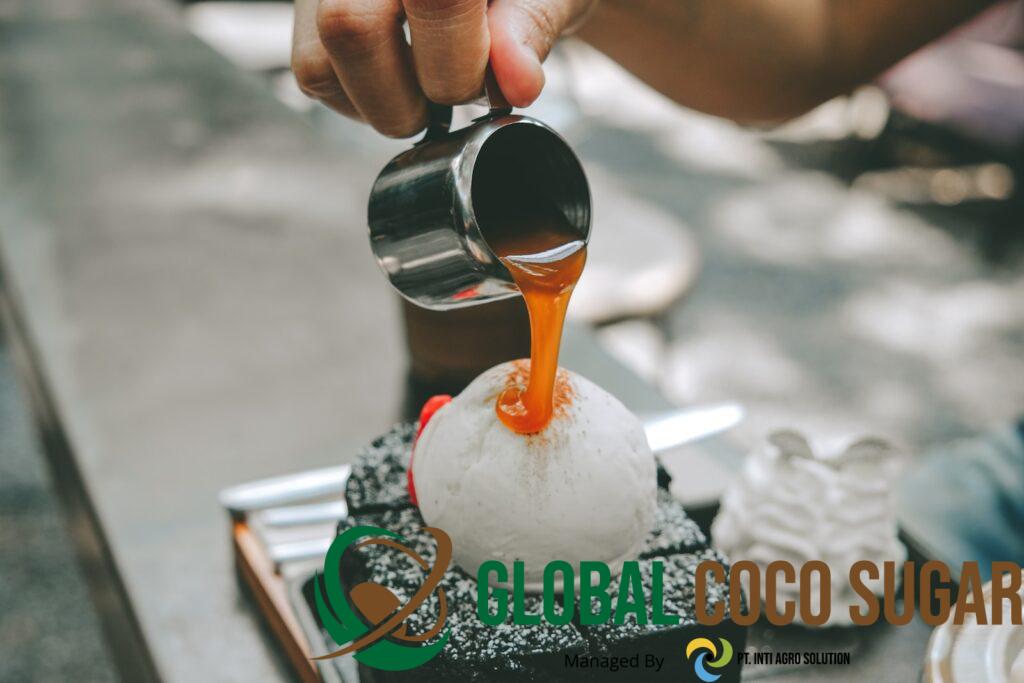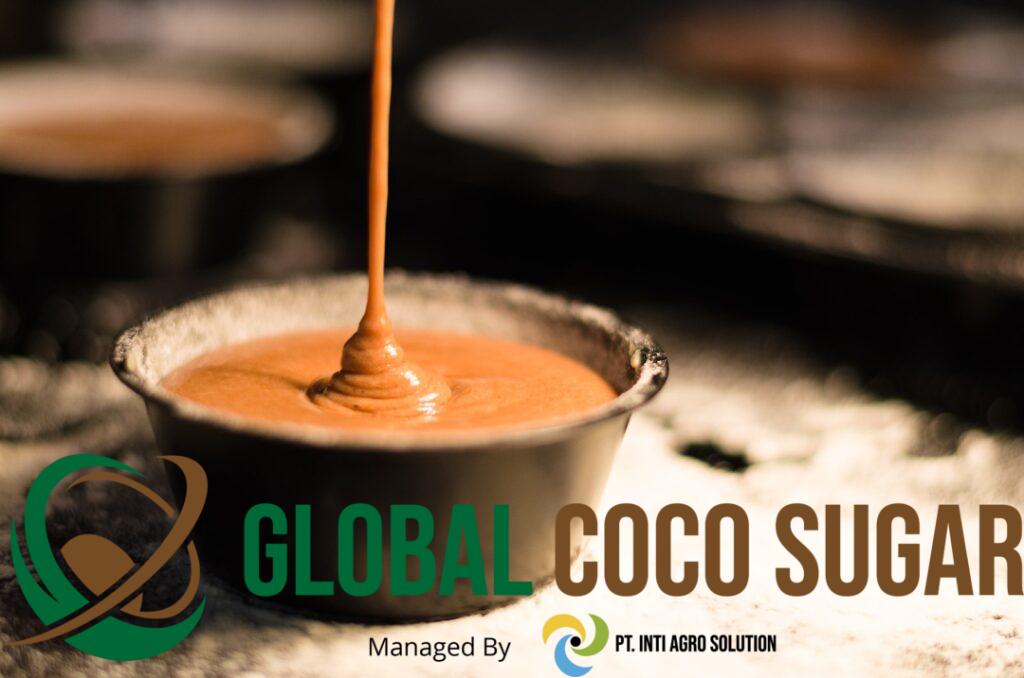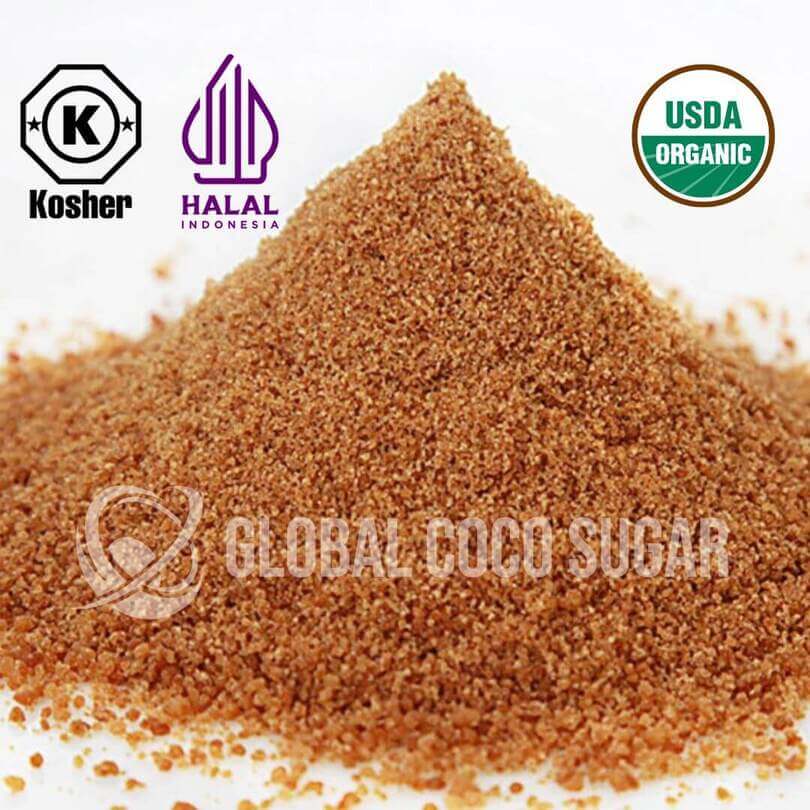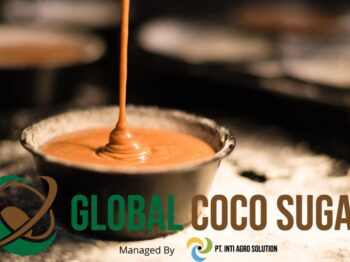Coconut Nectar What Is It? How Differs from Coconut Sugar in Production Methods, Nutrition, and Taste

Coconut nectar and coconut sugar are two popular alternative sweeteners derived from coconut sap. While they may seem similar at first glance, there are some key differences between these two products in how they are made, their nutritional profiles, and their tastes.
Raw Coconut Nectar Production Methods

Coconut nectar and coconut sugar originate from the sap of the coconut palm tree. This sap is extracted from the coconut blossoms by tapping or cutting the flower buds.
For coconut nectar, the raw coconut nectar is collected and then rapidly boiled down to make a sweet syrup. Minimal processing is used so that the natural nutrients remain intact. The sap may be filtered to remove debris before boiling but no other ingredients are added. This gives coconut nectar its distinctive translucent appearance.
Coconut sugar undergoes a more complex production process. After collection, the coconut sap is heated until most of the water content evaporates. The concentrated sap is then transferred into shallow pans and stirred frequently as it continues to simmer. This allows the water content to fully evaporate, forming glucose and fructose sugars that crystalize and caramelize, creating a granulated brown sugar.
The additional heating and stirring process is what distinguishes coconut sugar manufacturing from coconut nectar production. Coconut sugar has a granular texture and darker color, while coconut nectar maintains a liquid, honey-like consistency.
But the end of the day, people sometimes call coconut nectar as coconut sugar syrup since they have same source of ingredients.
Coconut Nectar Benefits And Nutritional Profile

The difference in production methods leads to some variation in the nutritional content of coconut nectar versus coconut sugar:
- Coconut nectar has higher mineral content - it provides small amounts of nutrients like zinc, iron, calcium, potassium, and magnesium. Coconut sugar mineral content is reduced during the evaporation process.
- Coconut nectar has slightly more protein and amino acids than coconut sugar. It contains trace amounts of essential amino acids.
- Coconut nectar has a higher vinegar acid content than coconut sugar. It provides small amounts of amino acids like glutamic acid.
- Coconut sugar is slightly higher in some vitamins like B1, B2, B3, and B6 compared to the nectar. But coconut nectar still contains some B vitamins.
Both sweeteners are relatively low in overall nutrition compared to other unrefined sweeteners like maple syrup or raw honey. However, coconut nectar edges out coconut sugar in mineral, protein, and amino acid content.
Coconut Sugar Syrup / Raw Coconut Nectar Taste Profile

In terms of taste, coconut nectar has a distinctive, light flavor profile:
- It tastes mildly of coconut with subtle notes of caramel and vanilla. The flavor is not overpowering or strongly coconutty.
- It has a smooth, syrupy mouthfeel and viscosity that is thicker than conventional honey. The texture helps it dissolve smoothly into drinks and recipes.
- It has a mild sweetness comparable to honey that makes it nicely substitutable in some recipes. However, it is not as cloyingly sweet as more refined sugars.
- It has a clean, neutral aftertaste without strong mineral or chemical notes. The mild flavor makes it versatile for both sweet and savory applications.
- When heated, it takes on deeper caramel and butterscotch flavors. It can be used to sweeten and add depth to sauces, baked goods, etc.
Coconut Sugar Has A Quite Unique Flavor Compared Raw Coconut Nectar

- It has a pronounced caramel and burnt sugar taste that is much stronger than coconut nectar.
- It does not taste distinctly of coconut. The coconut nuances get lost during the production process.
- It often has deeper molasses and maple undertones similar to brown sugar. This can add nice complexity in baking.
- The aftertaste can have slightly bitter, mineral notes depending on the brand. It is more robust than coconut nectar.
- It works well to sweeten and enrich desserts, granolas, coffee, etc. where a more assertive flavor is desired.
So in summary, coconut nectar has a lighter, more neutral coconut flavor, while coconut sugar is bolder, richer, and more caramelized in taste. Coconut nectar blends in easily; coconut sugar adds more crunchy sweetness and complexity.
In conclusion, both coconut nectar and coconut sugar are versatile alternatives to regular sugar or corn syrup. Coconut nectar undergoes less processing and retains more minerals, protein, and amino acids, but coconut sugar has its own unique intense sweet flavor. Both can add natural sweetness with subtle coconut undertones to recipes and beverages in place of other less nutritious sugars. Try substituting one of these coconut-derived sweeteners to add a touch of the tropics!



